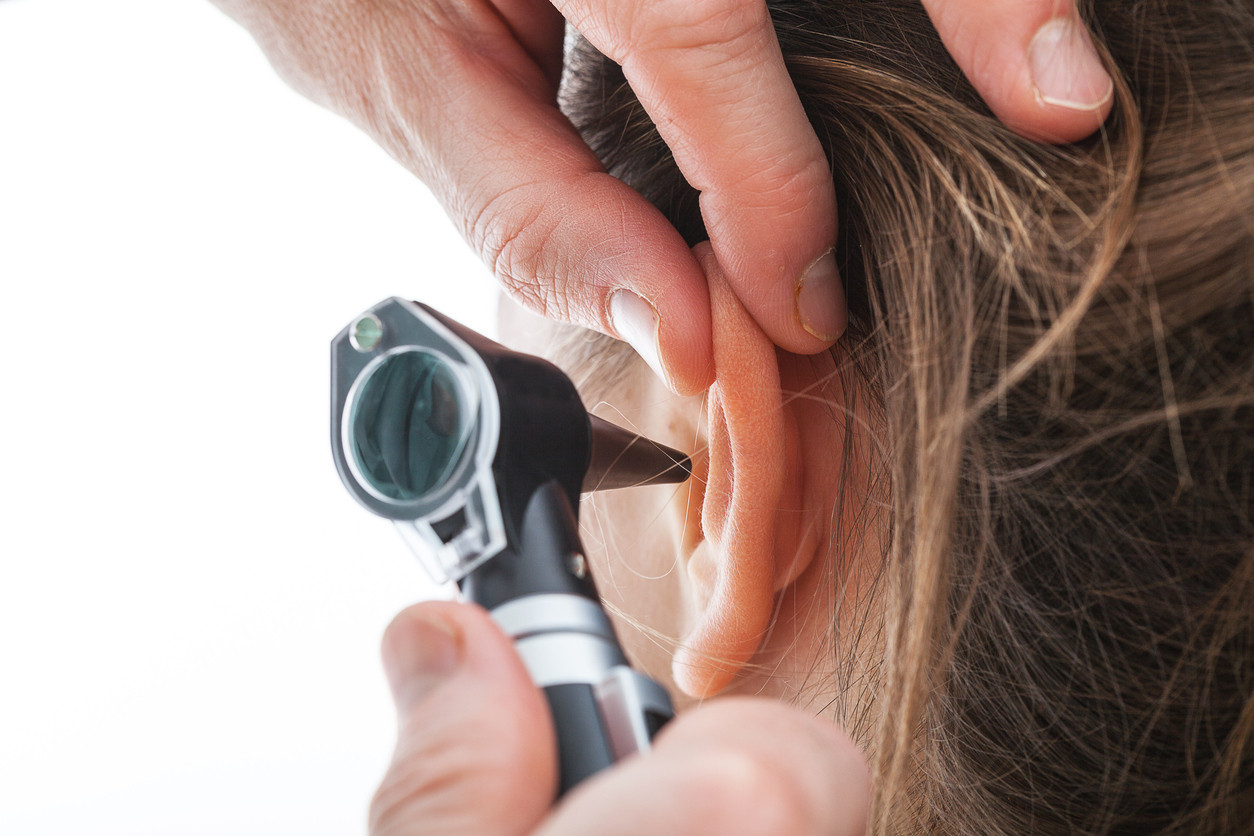
What are somatic workouts?

How to curb your stress eating

How to spot Parkinson’s disease symptoms

8 simple ways to reduce ultra-processed foods in your diet

Heart failure symptoms in women: How they’re different

GERD diet: Foods to avoid to reduce acid reflux

Strong is the new skinny

Everyday habits that sneakily weaken your bones

Don’t wait to get help for back pain

Correcting how you walk may ease osteoarthritis knee pain
Diseases & Conditions Archive
Articles
What is POTS — and what triggers it?
Postural orthostatic tachycardia syndrome (POTS) is a condition characterized by lightheadedness or dizziness when standing and a racing heart. The underlying cause is not known, although it sometimes follows bedrest after injury or illness. Recently, POTS has been diagnosed in some people who have had COVID-19.
New medication for urinary tract infections: Will it really help?
In 2024, the FDA approved the sale of pivmecillinam (Pivya), an antibiotic to treat urinary tract infections (UTIs) in women. When the drug becomes available in 2025, it will join the lineup of existing first-line antibiotic treatments for UTIs, such as trimethoprim/sulfamethoxazole (Bactrim) and nitrofurantoin (Macrobid). Doctors say having another treatment option on the same tier will be helpful, since some germs that cause UTIs have become resistant to existing antibiotics.
Is arthritis preventable?
Osteoarthritis affects more women than men. Risk factors include earlier joint injuries, obesity, diabetes, heart disease, or family history. People can try to prevent arthritis by staying physically active, maintaining a healthy weight, and engaging in low-impact exercise.
Decoding poor circulation
Circulation problems affect how well arteries and veins function. . Artery problems are marked by diminished oxygen and nutrient rich blood flow to the brain and all other body parts. Related conditions include heart attack, stroke, and peripheral artery disease. Vein problems often arise when valves in the vessels weaken, allowing blood and fluids to pool. That can cause varicose veins, discolored skin on hands or feet, and swollen legs, ankles, or feet.
Get moving to manage arthritis
People with arthritis often avoid exercise because of their painful joints. However, exercise is one of the best ways to manage their symptoms, stay active, and improve their quality of life. Specific exercise routines can be designed around a person's type of arthritis, severity, and location, but usually focus on three areas: stretching, strength training, and low-impact aerobics.
Dengue fever: What to know and do
The US is seeing an unusual spike in the mosquito-borne illness dengue fever. What is dengue, and where is it occurring in the US? How does it spread? And what steps can you take to protect against this and other mosquito-borne illnesses?
By the way, doctor: Plugged-up feeling in an ear
I have a plugged left ear problem. It usually starts about 4 p.m. and lasts about three to four hours. I cough, clear my throat, yawn, close my nostrils and blow — nothing seems to help.
What causes my ankles to swell?
The most common reason for swelling in both ankles is incompetent valves in the leg veins. People can treat this by wearing support hose and elevating the ankles above the level of the heart when possible. Eating less salt can help prevent ankle swelling that occurs in warm weather.

What are somatic workouts?

How to curb your stress eating

How to spot Parkinson’s disease symptoms

8 simple ways to reduce ultra-processed foods in your diet

Heart failure symptoms in women: How they’re different

GERD diet: Foods to avoid to reduce acid reflux

Strong is the new skinny

Everyday habits that sneakily weaken your bones

Don’t wait to get help for back pain

Correcting how you walk may ease osteoarthritis knee pain
Free Healthbeat Signup
Get the latest in health news delivered to your inbox!
Sign Up











